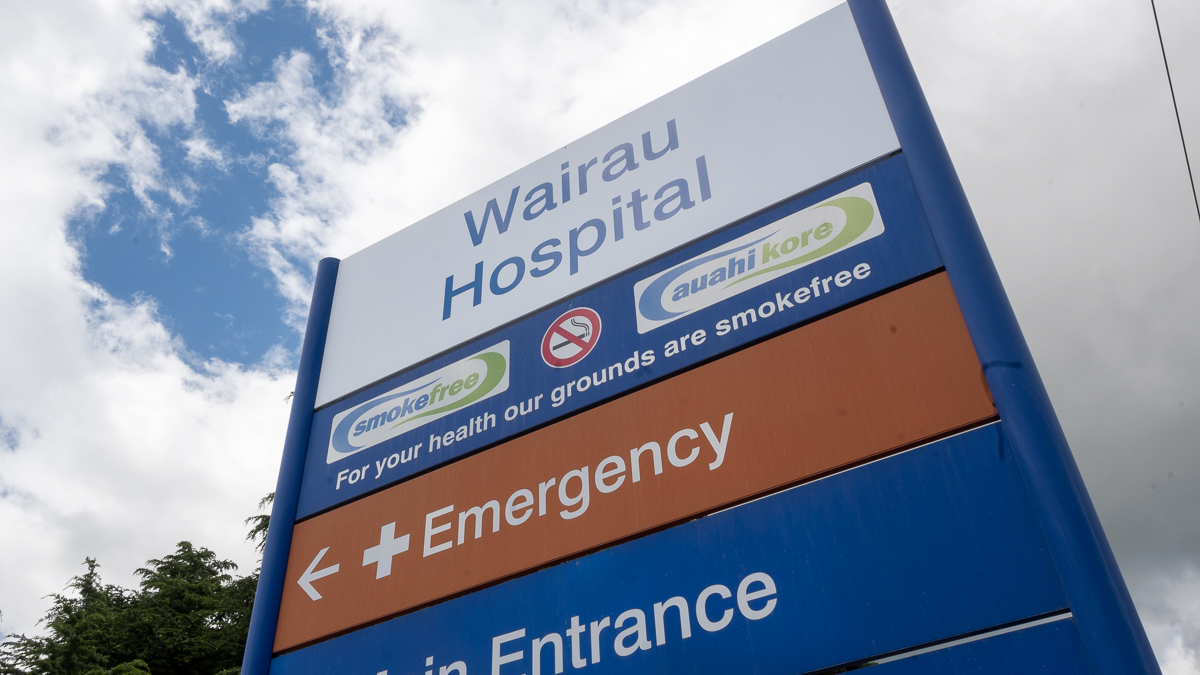71 new Covid cases - 16 in Marlborough


By Jonty Dine and Matt Brown
*An earlier version of this article reported 59 cases as found on the Ministry of Health website. Nelson Marlborough Health have provided the updated figure, which differs due to data reporting cut off times.
The Nelson Marlborough region has recorded 71 new cases of Covid-19 today, 16 of which are in Marlborough.
New Zealand recorded 1929 new community cases across the country today, 73 of which are in hospital.
It comes as one case at Marlborough Girls' College was confirmed this morning.
As of this morning, there are 152 active cases in total across Nelson Marlborough - 123 in Nelson, 16 in Marlborough, 7 in Tasman and 6 classified as other.
The number may include people who have been tested in our region while travelling.
Nelson Marlborough Health medical officer of health Dr Stephen Bridgman says the number of cases and contacts in the community are likely to continue to rise sharply.
“We can all play our part to limit infection by staying home if we’re sick, washing our hands, wearing our masks indoors, scanning in and maintain social distancing where possible,” he says.
“In Phase Two, we are seeing schools enabled to quickly identify close contacts of cases and advise school communities of the Ministry of Education and Ministry of Health guidance.
“This early identification means schools can continue to function with only close contacts required to get a test and isolate. We are hearing from the testing stations that some people are taking a precautionary approach and testing without symptoms and without being identified as a close contact.
“Whilst this desire is understandable as we learn to live with COVID-19 in our community, we really need to preserve our testing stations for those people who have symptoms of COVID-19 and who have been identified as a close contact."
He says rapid antigen tests (RATs) are for priority groups only while in phase two of the health response.
"For example under the Close Contact Exemption Scheme they are used to allow fully vaccinated close contacts who have no COVID-19 symptoms to go to work if they produce a negative test.
“If the close contact develops symptoms they need to get a PCR test and isolate. The test allows the person to attend critical work, however outside of work the person needs to continue to follow the isolation rules as a close contact for 7 days.
“People who live with someone who is a case are considered a household contact and need to isolate for 10 days. However people who live with someone who is a close contact do not need to isolate. This change recognises the need for everyone to be monitoring for COVID-19 symptoms and if they develop, to get a PCR test and isolate."
Over the hill, eight Nelson schools have been forced to send students and teachers into self-isolation after positive Covid-19 cases attended the schools.
Nayland College and Primary, St Joseph's, Victory, Enner Glynn, Auckland Point, Nelson College, and Broadgreen Intermediate all have people isolating.
There are no locations of interest in Blenheim, and Nelson's have not been updated since February 13.
A Ministry of Health spokesperson says they are now prioritising the publication of high-risk locations of interest with testing requirements, and is rarely publishing casual locations of interest.
"In the past, when there has been a lower prevalence of Covid-19 in the community, casual contact locations of interest have asked people to self-monitor for symptoms for ten days," the spokesperson says.
The spokesperson says it is important to note that not all locations of interest that are high-risk are published when contact tracers can identify all close contacts through other means, such as schools.
Nelson Marlborough Health medical officer of health, Dr Stephen Bridgman, says the high positive testing rate indicates undetected community transmission.
Community testing stations are in place in Nelson and Blenheim.
More than 3 million Rapid Antigen Tests (RATs) have been distributed across New Zealand for critical service workers and those most at risk in the community, director-general of health Dr Ashley Bloomfield says.
The RATs have been sent to sites including District Health Boards, Healthcare and Emergency Service workforces, testing facilities, GP clinics, aged care facilities and community health providers.
To date, 2,081,556 booster doses have been administered, 62 per cent of the eligible population with 35,903 booster doses administered on Thursday.
